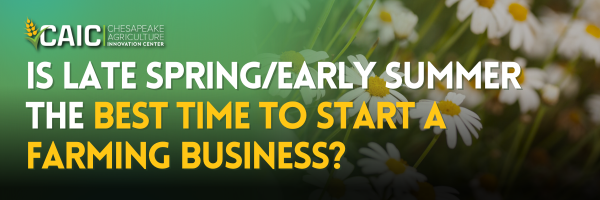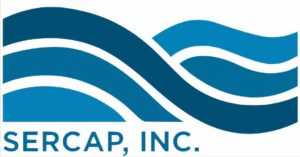On May 8, the Food and Drug Administration (FDA) published a final rule that (per the agency) “revises certain pre-harvest agricultural water provisions for covered produce (other than sprouts) in Subpart E of the FDA Food Safety Modernization Act (FSMA) Produce Safety Rule.” Confused by the latest rule changes? Wondering whether they apply to you? Here’s a rundown from CAIC’s Produce Safety Education Program manager, Aleya Fraser.
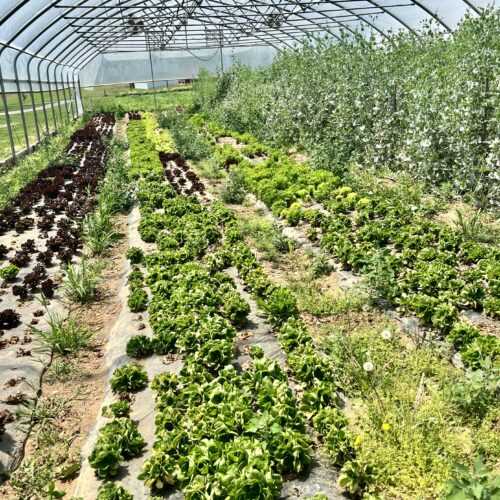
Does it apply to you?
As it stands now, the FDA is adapting an “educate before they regulate” policy, meaning that farmers have a bit of time to adapt to the new water rule. While the effective date is July 5, 2024, very small farms will have until April 5, 2027 to comply. Small farms have until April 6, 2026, and large farms have until April 7, 2025.
Here’s how the FDA defines farm size:
- Very small farms: Rolling average $31,925 – $250,000 of produce sold in the years 2021-2023.
- Small farms: Rolling average $250,000 – $638,491 of produce sold in the years 2021-2023.
- Large farms: Rolling average greater than $638,491 of produce sold in the years 2021-2023.
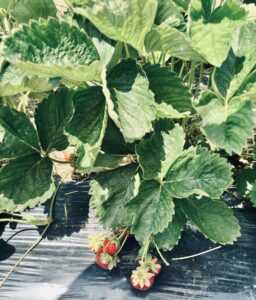
What’s New With the Pre-Harvest Water Rule?
There were also some changes to the pre-harvest water (meaning the water that you use to water your crops) rule:
1. Farmers will need a documented annual agricultural water assessment, or an assessment whenever a significant change occurs that increases the likelihood that a known or reasonably foreseeable hazard will be introduced into or onto produce or food contact surfaces.
2. Based on findings of their agricultural water assessments, covered farms are required to determine if corrective or mitigation measures are reasonably necessary to reduce the potential for contamination of covered produce (other than sprouts) or food contact surfaces with hazards associated with pre-harvest agricultural water.
3. The final rule includes a requirement for supervisory review of the written pre-harvest agricultural water assessment, as well as the determinations that were made based on the outcomes of the assessment.
There are some exemptions to this rule, including if your pre-harvest water is from a tested and compliant municipal system. You can read more about the new rule here on the FDA website; the agency also put together this fact sheet on decision-making factors, as well as this one covering corrective and mitigation measures. Finally, the FDA’s virtual Agricultural Water Assessment Builder can also guide you through the various requirements.
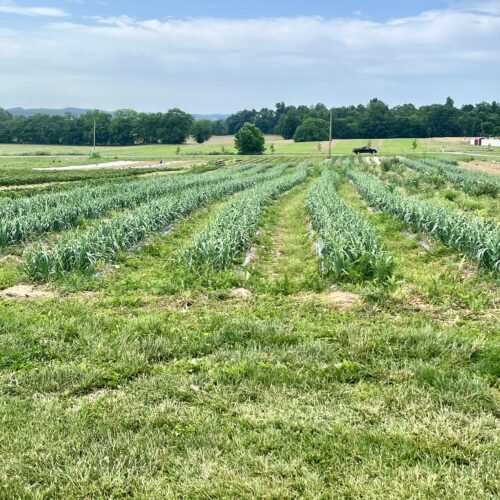
We’re Here to Help
CAIC’s Produce Safety educators are here to help you navigate the new rule and more. We offer free on-farm produce safety risk assessments to farmers throughout the mid-Atlantic, along with workshops and webinars. Reach out to info@caic.org to schedule a session today! You can also join the conversation on AgriBiz Hub, where our community moderator Kimberly Raikes is ready to answer your questions about the Produce Safety Rule and more.



